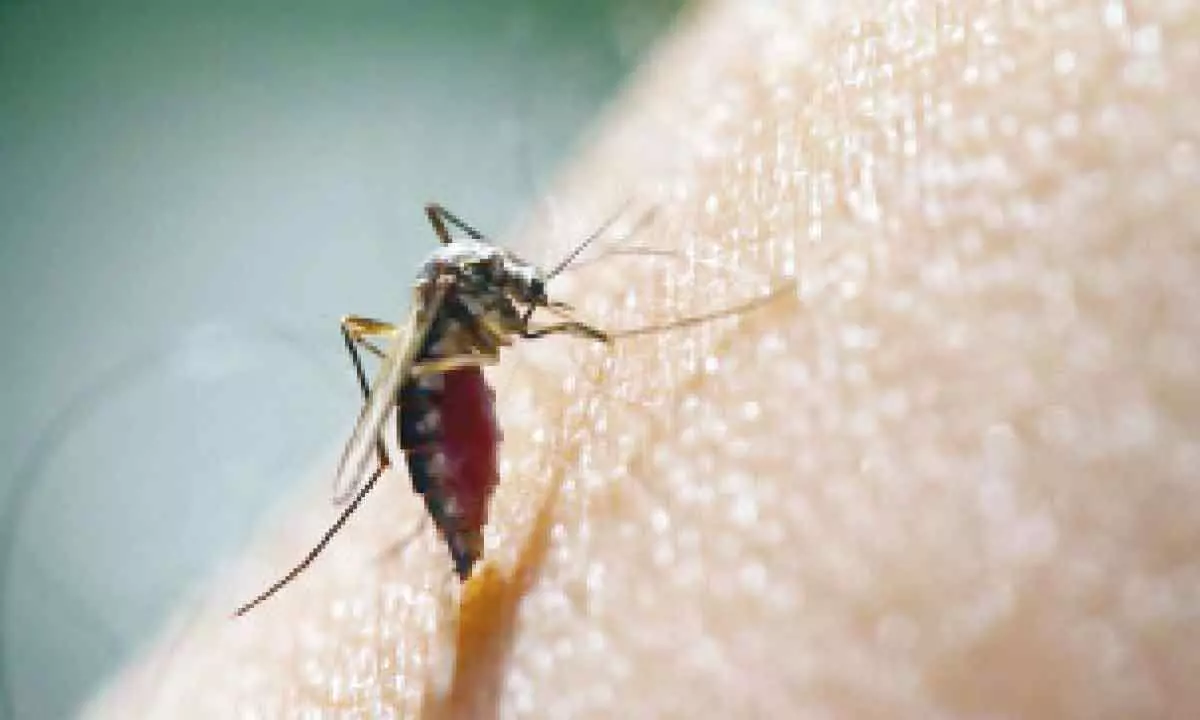Keeping check on mosquito breeding: Go the tribal's way

Mangalore: At a time when our best equipment for mosquito control, like the electric prod, liquidiser, mats and coils have failed to effectively control mosquito breeding, the tribal people in the remote villages of Belthangady, Sullia, Buntwal and Puttur have their own methods to control the breeding of mosquitoes that spread malaria, dengue, chikungunya, and the crippling Fileria. Here is a method generally practised in rural areas in Dakshina Kannada and Kasargod districts which can come in handy in controlling the breeding of mosquitoes.
All the top-level scientists in the country at the National Institute of Malaria Research (NIMR) have rightly advised to prevent the breeding of mosquitoes and destroy them before they get wings (in the larvae stage), This was known to the elders in the tribal areas of Dakshina Kannada district ages back,
"All that we need is an earthen pot full of fresh water kept in different places around the houses. It is simple, mosquitoes lay their eggs in the fresh water, and once in three days we empty the pot and pour fresh water into it. This way the mosquitoes will be destroyed in the larvae stage, once they get wings it is very difficult to kill them" says Anni Malekudia of Kuthlur village.
This simple technique, however has remained confined to the remote places and city dwellers do not have a whiff of it. "They still buy expensive electric prods, liquidisers and chemical impregnated burning devices. Though you get a kind of satisfaction of killing a flying mosquito with the swatter, there is nothing like preventing the breeding of mosquitoes in tribal way which was safe, inexpensive and simple, most important was that if done concertedly by all people mosquito breeding could be wiped out totally," Anni Malekudiya told.
The old timers in this region keep earthen pot with 8 inches of fresh water in different places around their backyard and houses, they know that mosquito types such as Aedis agypti (carrier of dengue) and Anapholes (carrier of Malaria) breeds in fresh water. The earthen pots were preferred as they come in dull colours and provide coolness and dark interiors, which mosquitoes look for when laying eggs. The elders in the family teach their young ones to clear the water once in three days and fill the pots with fresh water.
"It was a kind of biological trap for the mosquitoes they lay their eggs there and just when they attain the stage of larvae they are flushed out, killing them before they attain wings the idea was brilliant could be practiced everywhere but one should remember to clear the water every three days or maximum of four days otherwise the system would give rise to active breeding" observes Malaria experts in the NIMR.
The villagers do have another technique to destroy the winged mosquito, they take a large aluminium plate smear some edible oil and swat them as they fly by, this technique is used in the modern insect electric prod, but here all they need was a plate and some oil – no paying for prod and charge them now and then.









